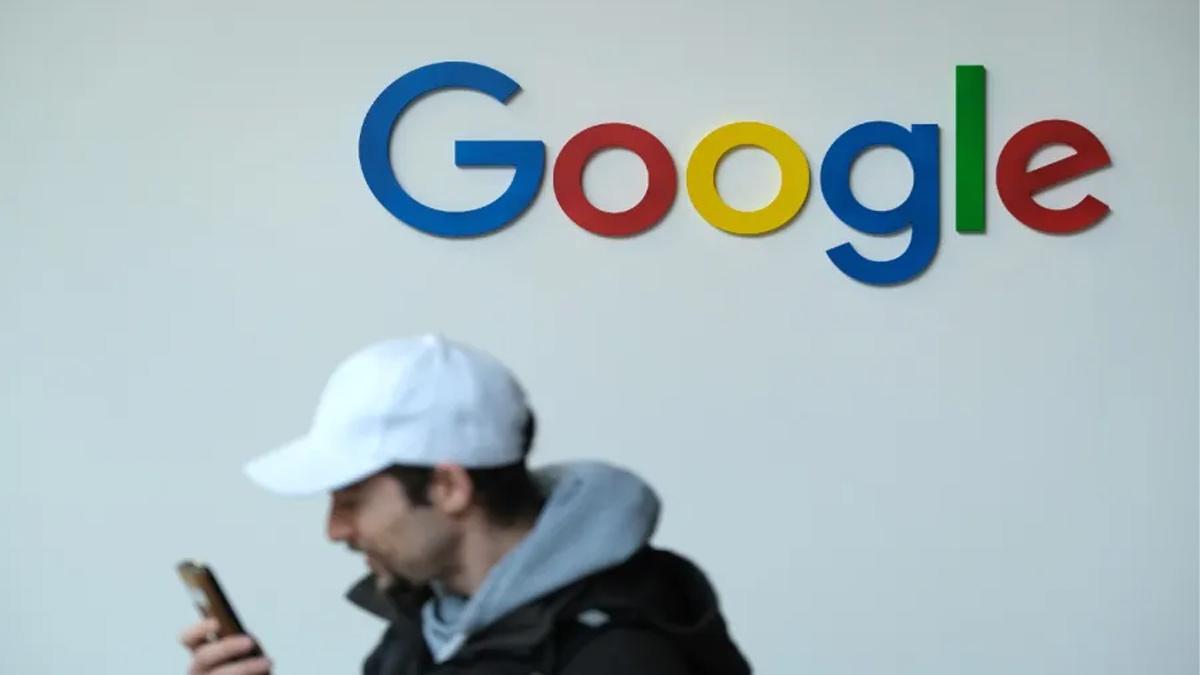Google has rolled out a new "AI Mode" feature in its search engine that makes chatbot functions more deeply integrated and gives users an experience of speaking with an expert.
Launched in the US beginning Tuesday, the feature shows up right in Google's search bar, a big move by the company to remain competitive against AI-powered platforms such as ChatGPT that are vying for dominance in online search.
Unveiled at Google's annual developer conference in Mountain View, California, the upgrade is part of a larger plan which also entails new augmented reality (AR) glasses and a subscription-based AI offering.
Alphabet CEO Sundar Pichai pinpointed Google's integration of Gemini chatbot into search as marking a "new phase of the AI platform shift." He added that the improved AI features enable people to ask longer and more complicated questions.
This entry into AI-enabled glasses follows more than a decade since the original Google Glass launched—and failed. The new smart glasses are being worked on with eye wear labels Warby Parker and Gentle Monster, and will feature a camera, microphone, and speakers. Google wants to compete with Meta's AI-enabled glasses, manufactured with Ray-Ban, and is eyeing production later this year.
Leo Gebbie, CCS Insight's principal analyst, said the closer integration of AI within Google's offerings was to be anticipated. He feels the chatbot will lower the amount of time users must spend browsing through many web pages by allowing for more sophisticated interactions with the AI.
"For the end user, that should translate to less time spent navigating the web itself, and more time spent conversing with Google's AI tools," Gebbie described.
As search accounts for most of Google's revenue, any changes to the service carry important business weight. But Cory Johnson, chief market strategist at Epistrophy Capital Research, cautions that as Google improves at delivering direct answers, the efficiency could cut into click-throughs, a key source of revenue.
"Google is becoming more effective at providing answers, but less effective at creating clicks – and clicks is how they get paid," Johnson said.
All of this comes as Google continues its legal battle in the US, where a judge recently granted a ruling that it has a monopoly in the search market, which could prompt business adjustments.
Google's recent past with AI has been uneven. Last year's AI Overviews, which place AI-made summaries above search results, were criticized at first for strange or misleading answers—such as that glue would make cheese stick to pizza or that people should consume a rock every day. Google referred to these as "isolated examples."
However, Pichai revealed that AI Overviews currently observe 1.5 billion uses per month in over 200 countries and territories. In the US and India, as well as other major markets, the feature is responsible for more than 10% of growth in searches in which it is present, which makes it "one of the most successful launches in search in the last decade," he said.
Read also| Watch| Musk Ends Political Contributions Following Trump Support


















